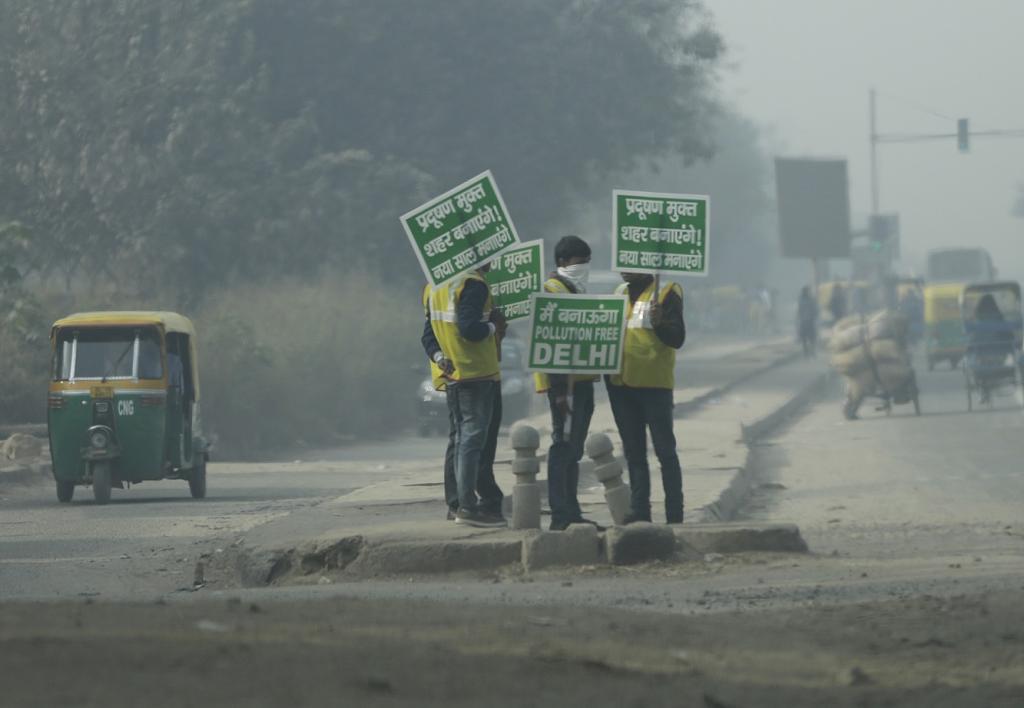
It is shocking to see how polluted and toxic the water quality in India’s desert state is. Rajasthan is highly effected by water pollution and the condition can be attributed to both man-made and natural pollutants. Research on Rajasthan’s ground water points to the fact that the combined pollution from all the responsible resources has made the water so toxic and dangerous that it is unsafe for drinking unless it has undergone treatment.
The information on the declining quality of water in Rajasthan came to light through a study conducted by the Duke University India Initiative. In this study, researchers began testing about 243 groundwater wells in the state of Rajasthan to examine and understand the various kinds of contaminations and pollutants that the water in the state was infected by.
Drinking Water or Consuming Poison?
The study revealed the shocking reality that about 70% of the groundwater sources such as hand pumps, tube-wells and wells in the state has traces of contaminants such as fluoride, nitrate, uranium etc.
This implied that water from these sources wasn’t only unfit for being directly consumed but also that it did not fit the parameters for drinking water set by both the World Health Organisation and the Indian government. The research done by the Duke University showed that a variety and combination of natural and man-man-made factors led to such high degrees of contamination of Rajasthan’s groundwater.
Man-made pollutants could comprise of agricultural waste, domestic sewage and natural contaminants include aquifer rock sediments, fluoride and uranium extracts etc.
Fertile Ground for Fatal Disease
The prevalence of uranium in the groundwater in Rajasthan and several other states has been seen as an important and serious concern for the state as it leads to widespread disease and ailment in the population that consumes this water.
The diseases that can be caused due to uranium contaminated water include kidney failure, defamation of bones and fluorosis.
The extensive use of water resources that directly replenish themselves from nature, extensive procurement for agricultural purposes, over-pumping and improper sewage management mechanisms enhance the chances of ground water pollution.
The situation of the groundwater us equally alarming in other states such as Madhya Pradesh, Uttar Pradesh, Bihar, Odisha as there is an unacceptable degree of arsenic, nitrate, chloride and iron in the groundwater of these places. The study is an extremely important intervention because it points at the emerging water pollution crisis in the country and demands for an immediate monitoring of the situation at hand.
The research is also important because unless we are aware of the issues revolving around water quality, we will not be in a position to take corrective measures. Moreover, different kinds of contaminants require different remedial strategies and this would be possible only with a sustained understanding of the sanitation and sewage management mechanisms that may be used. It also draws our attention towards the lack of an appropriate monitoring mechanism to address India’s water contamination crisis. The present gaps in the water quality monitoring program and the lack of awareness on the various diseases that drinking contaminated water can lead to have failed us as a country.
The research may be based in the state of Rajasthan, but the lessons that it has left us with are universal and applicable across several states of India.













